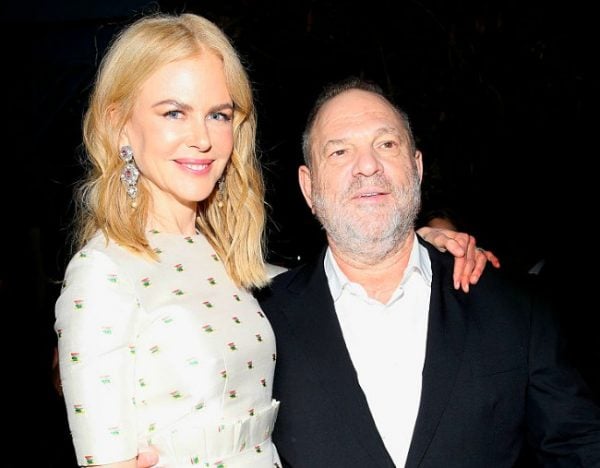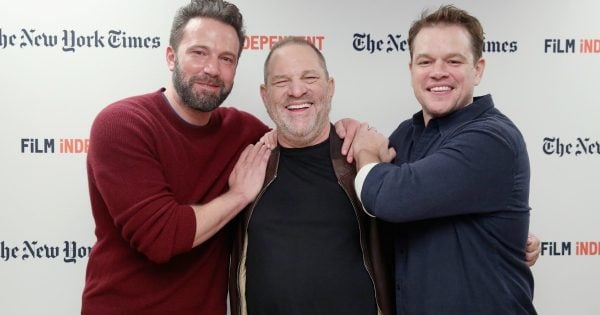Ever since allegations of sexual assault and rape were publicly broadcast against Hollywood bigwig and film producer, Harvey Weinstein, via an explosive New York Times expose, he has not been the only person vilified when discussing a cover-up scheme that appears to span decades.
Also being taken to task alongside Weinstein are the women of Hollywood. The female power players who have been the toast of Tinseltown, the ones given the juiciest, most iconic movie roles, the slew of actresses who have stood on stages holding trophies and personally thanked Weinstein for helping them climb the ladder to success.
Gwyneth Paltrow was called out across social media for posting holiday photos instead of commenting on Weinstein. Nicole Kidman was condemned for campaigning for women’s rights and then staying silent about her own dealings with him. Opinion writers questioned how Jennifer Lawrence could have attended an awards season circuit with him by her side and still not have said anything. The critical gaze also fell so hard on Meryl Streep and Judi Dench, both long-time collaborates of Weinstein, that they both had to issue public clarifications they had no idea these sexual assaults were taking place.
Since the allegations first came to light, public sentiment towards these woman has been crystal clear. They must have all known what was going on, and yet they said nothing. How could they let this keep happening, and even at the height of their careers, still keep their mouths shut? How could they?
Well, I know exactly why they did it and I’m completely ashamed to admit why.



Top Comments
#feels
It's bloody shocking isn't it.
Hoping the next generation of gentlemen are respectful and we can kick those old masogynistic fogies to
#overit
Godammit, Ita, not so much angry, but a little disappointed.
Great insight in to the unfortunate pragmatism of the silence.